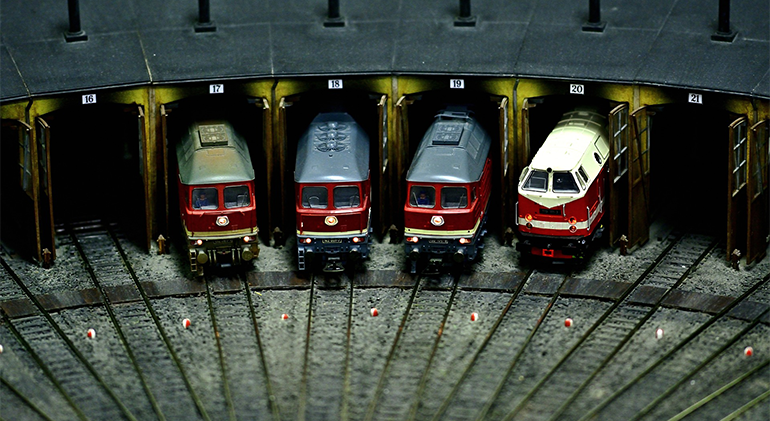

As you already know, we make it our business to bring you news of cases that are out of the ordinary and interesting in so many ways. But this one is a first. It is not new as in recent, because it all began 10 years ago, but new in the context of originality. What you are about to read is the story of probably the most flagrant “abuse of dominant position” ever.
Providing the backdrop to this story is a business relationship in the Baltics between Lithuanian Railways (“LR”), the state-owned rail company in Lithuania, with responsibility for both railway infrastructure and rail transport, and AB Orlen Lietuva (“Orlen”), a wholly-owned subsidiary of PKN Orlen, a Polish oil company and key commercial customer of LR. They concluded an agreement which concerned, in particular, the transport of oil products from a large refinery owned by Orlen located in Bugeniai, in the north-west of Lithuania, close to the border with Latvia, to the Lithuanian seaport of Klaipėda for the onward transport of those products to Western Europe.
Problems arose in 2008 when Orlen explored the possibility of switching its seaborne export business from Klaipėda to the seaports of Riga and Ventspils, in Latvia, and, in that context, to entrust the transport of its products from the Bugeniai refinery to Latvijas dzelzceļš, the national rail company of Latvia (“LDZ”). All seemingly run-of-the-mill stuff but the reaction to Orlen’s decision was unprecedented from a competition perspective. LR dismantled a 19km section of track connecting Lithuania and Latvia, close to Orlen’s refinery, with no intention of repairing it in the short term. The reason was obvious… After the track was “dismantled”, Orlen was forced to abandon its plans to use LDZ’s services and instead use a much longer route to reach Latvia.
Almost 2 years later, the European Commission (“Commission”) received a complaint lodged by Orlen against LR. From that moment until the end of 2015, the Commission conducted inspections, initiated proceedings, adopted a Statement of Objection, and sent a Letter of Facts to LR to which it responded on December 2, 2015. Finally, in 2017, the Commission issued a decision and the outcome was expected: “The Commission found that the state-owned Lithuanian rail company, AB Lietuvos geležinkeliai abused its dominant position as the rail infrastructure manager in Lithuania by removing a track leading from Lithuania to the border with Latvia thus preventing a competing rail undertaking from Latvia to enter the Lithuanian market. The Commission imposed a fine on LG and ordered it to bring the infringement to an end.”
Just last month, the General Court of the European Union (“GC”) confirmed upheld the Commission’s stance. The only difference was in the fine levied which was reduced from EUR 27,873,000 to EUR 20,068,650.
Article 102 of the Treaty on the Functioning of the European Union (“TFEU”) prohibits abusive conduct by companies that have a dominant position on a particular market. There are several points here that need to be emphasized. First, to be in a dominant position is not per se illegal. Therefore, LDZ is not breaching the rules by simply being a dominant undertaking. Second, even though it is dominant, EU regulation on competition does not prohibit LDZ to compete on the merits as any other company. Thirdly, as a dominant undertaking in the Lithuanian market, LDZ has a special responsibility towards competition. That special responsibility is manifested in abstaining from any actions that might distort market competition.
Against this background, it is clear what the allegation was. LDZ was accused of distorting competition via abuse of its dominant position by removing 19km of track it manages, all without giving any justifiable reason(s). Article 102 of TFEU is controversial because many potentially abusive practices have ambivalent effects on competition. Meaning that when assessing the effects on competition, company practices are not that easy to box into one category. However, in this case, the distortion of competition is clear cut, as found by both the Commission and the GC.
This case raises an interesting question – should we even analyze the effects of Lithuanian Railways` actions? Or in other words, are we talking about abuse by an object whose objective purpose is anticompetitive?
Namely, when a practice serves no purpose other than the elimination of competition, there is no reason to require evidence of anticompetitive effects on a case-by-case basis.
The facts of this case clearly demonstrate that there was no justifiable reason for removing the train tracks and its only purpose was anticompetitive. Therefore, there is no need to analyze the possible effects of such actions.
Authors: Miloš Brkić and David Spaić